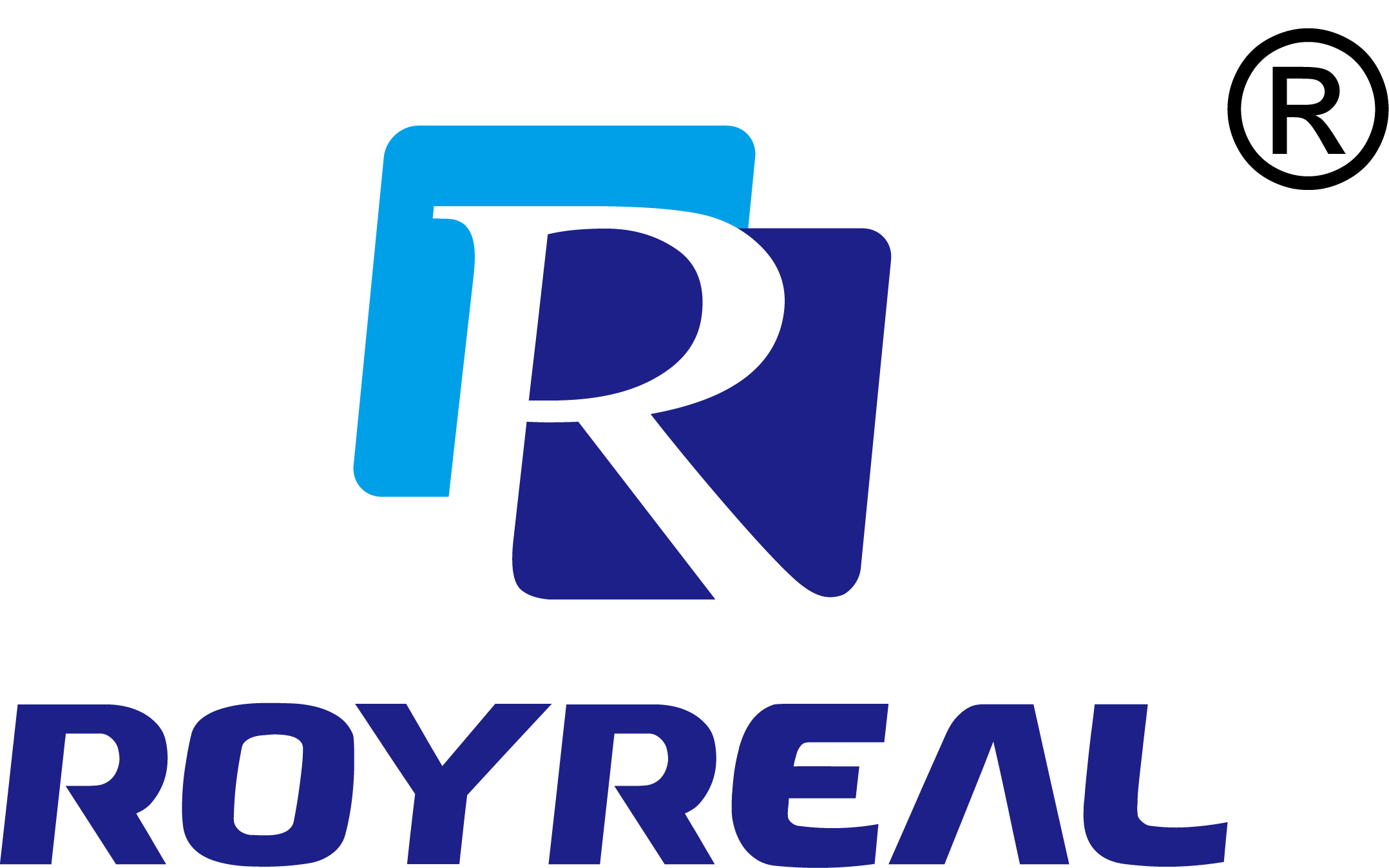Gas Metering Solutions for Industrial Processes: Optimizing Efficiency and Accuracy
Category: Industry News
Time:2024-12-09
Table of Contents
1. Introduction: Understanding the Importance of Gas Metering in Industrial Processes
2. Types of Gas Metering Solutions: Choosing the Right System for Your Needs
3. Flow Measurement: Enhancing Accuracy for Precise Monitoring
4. Gas Metering Instruments: Exploring the Latest Technological Advancements
5. Data Management and Analysis: Leveraging Insights for Improved Operations
6. Gas Metering Systems Installation: Best Practices for Seamless Integration
7. Maintenance and Calibration: Ensuring Long-Term Reliability
8. Gas Metering Solutions FAQs: Addressing Common Concerns
8.1 What are the key benefits of using gas metering solutions in industrial processes?
8.2 How do gas metering instruments measure gas flow accurately?
8.3 Can gas metering systems be customized for specific industrial applications?
8.4 What factors should be considered when selecting a gas metering solution?
8.5 How often should gas metering systems be calibrated?
9. Conclusion: Unlocking the Potential of Gas Metering Solutions for Industrial Processes
1. Introduction: Understanding the Importance of Gas Metering in Industrial Processes
In today's industrial landscape, accurate and efficient measurement of gas flow is critical for optimal process control and resource management. Gas metering solutions play a pivotal role in monitoring and quantifying gas consumption, enabling businesses to track usage, identify inefficiencies, and optimize their operations. This article explores the various aspects of gas metering solutions and their significance in industrial processes.
2. Types of Gas Metering Solutions: Choosing the Right System for Your Needs
Gas metering solutions encompass a wide range of technologies and instruments tailored to specific industrial applications. From orifice meters to ultrasonic flow meters, businesses have a variety of options to choose from. This section delves into the different types of gas metering solutions available, providing insights to help businesses select the most suitable system for their unique requirements.
3. Flow Measurement: Enhancing Accuracy for Precise Monitoring
Accurate flow measurement is fundamental to reliable gas metering. This section explores the various methods and technologies used in flow measurement, including differential pressure, thermal dispersion, and mass flow meters. By understanding the principles behind these measurement techniques, businesses can enhance accuracy and achieve precise monitoring of gas flow rates.
4. Gas Metering Instruments: Exploring the Latest Technological Advancements
Advancements in gas metering technology have revolutionized the way industrial processes are monitored and controlled. From smart meters to wireless communication systems, this section highlights the latest innovations in gas metering instruments. By leveraging these cutting-edge solutions, businesses can optimize their operations, improve efficiency, and reduce costs.
5. Data Management and Analysis: Leveraging Insights for Improved Operations
Effective data management and analysis are crucial for extracting valuable insights from gas metering systems. This section delves into the importance of data integration, visualization, and analytics in industrial processes. By harnessing the power of data, businesses can make informed decisions, identify potential bottlenecks, and implement proactive measures for continuous improvement.
6. Gas Metering Systems Installation: Best Practices for Seamless Integration
Proper installation of gas metering systems is essential for their optimal performance. This section outlines the best practices for system installation, including considerations for location, piping configuration, and environmental factors. By following these guidelines, businesses can ensure seamless integration of gas metering solutions into their industrial processes.
7. Maintenance and Calibration: Ensuring Long-Term Reliability
Regular maintenance and calibration are essential to maintain the accuracy and reliability of gas metering systems. This section explores the importance of routine maintenance, calibration procedures, and recommended intervals for calibration. By adhering to these practices, businesses can prolong the lifespan of their gas metering solutions and minimize downtime.
8. Gas Metering Solutions FAQs: Addressing Common Concerns
8.1 What are the key benefits of using gas metering solutions in industrial processes?
Gas metering solutions offer numerous benefits, including accurate measurement of gas flow, improved process control, optimized resource allocation, and enhanced efficiency. They enable businesses to monitor consumption, identify inefficiencies, and make data-driven decisions to improve overall performance.
8.2 How do gas metering instruments measure gas flow accurately?
Gas metering instruments utilize various measurement techniques, such as differential pressure, thermal dispersion, and mass flow principles, to measure gas flow accurately. These technologies ensure precise monitoring and reliable data for effective process control.
8.3 Can gas metering systems be customized for specific industrial applications?
Yes, gas metering systems can be customized to suit specific industrial applications. They can be tailored to meet unique requirements, considering factors such as flow rate, gas type, environmental conditions, and industry standards. Customization ensures optimal performance and accurate measurement in diverse industrial processes.
8.4 What factors should be considered when selecting a gas metering solution?
When selecting a gas metering solution, factors such as accuracy requirements, flow range, gas composition, pressure and temperature conditions, installation constraints, and budget considerations should be taken into account. A holistic evaluation of these factors will help businesses choose the most suitable solution for their specific needs.
8.5 How often should gas metering systems be calibrated?
Gas metering systems should be calibrated at regular intervals to maintain accuracy and reliability. The frequency of calibration depends on factors such as industry regulations, manufacturer recommendations, and specific process requirements. Typically, annual calibration is recommended, but more frequent calibration may be necessary in certain applications.
9. Conclusion: Unlocking the Potential of Gas Metering Solutions for Industrial Processes
Gas metering solutions offer invaluable benefits for industrial processes, providing accurate measurement, improved efficiency, and optimized resource management. By understanding the different types of gas metering solutions, exploring flow measurement techniques, leveraging advanced instruments, managing and analyzing data effectively, and following best practices for installation, maintenance, and calibration, businesses can unlock the full potential of gas metering solutions and gain a competitive edge in their respective industries.
Keywords:
 EN
EN RU
RU SP
SP
